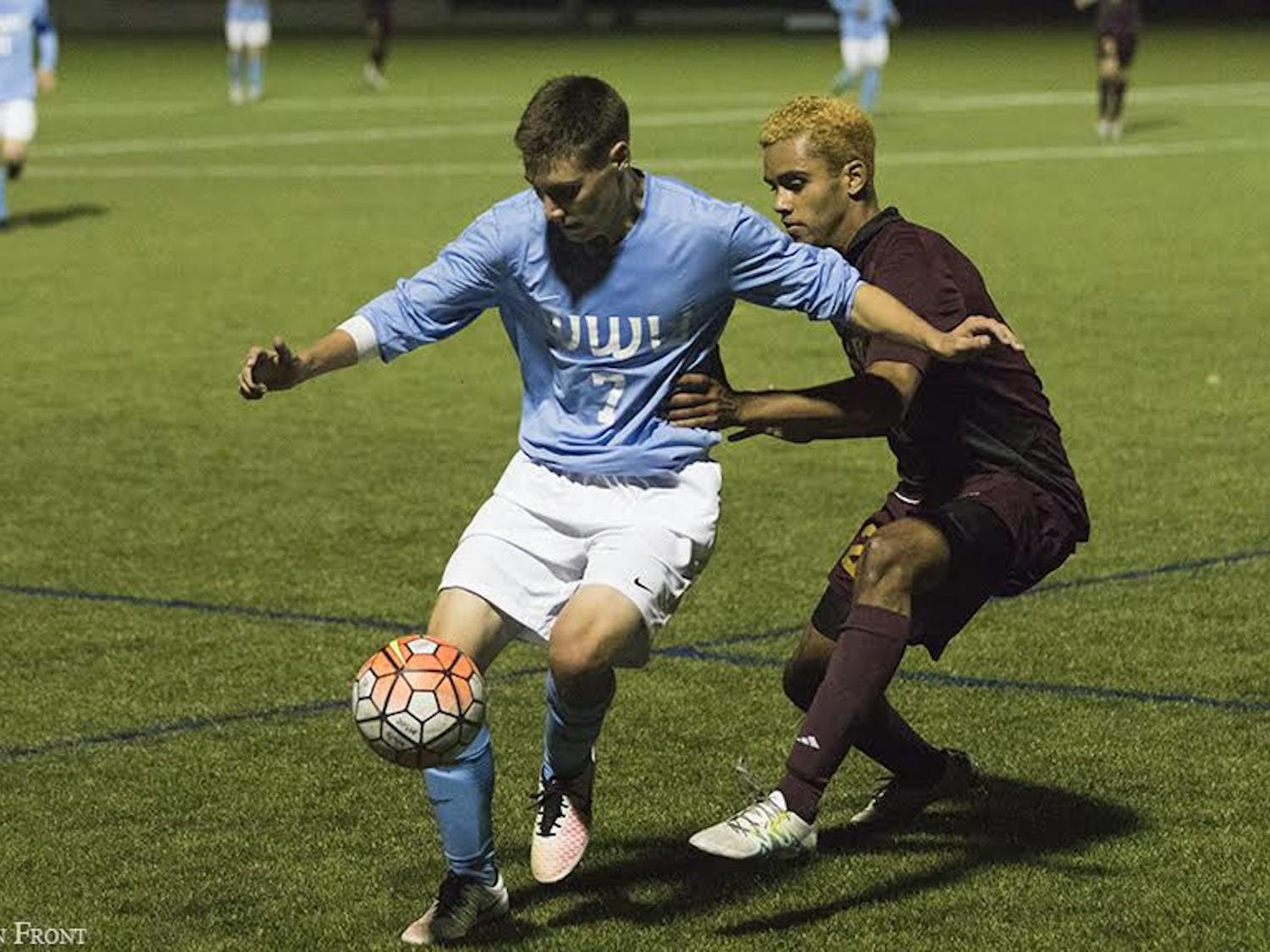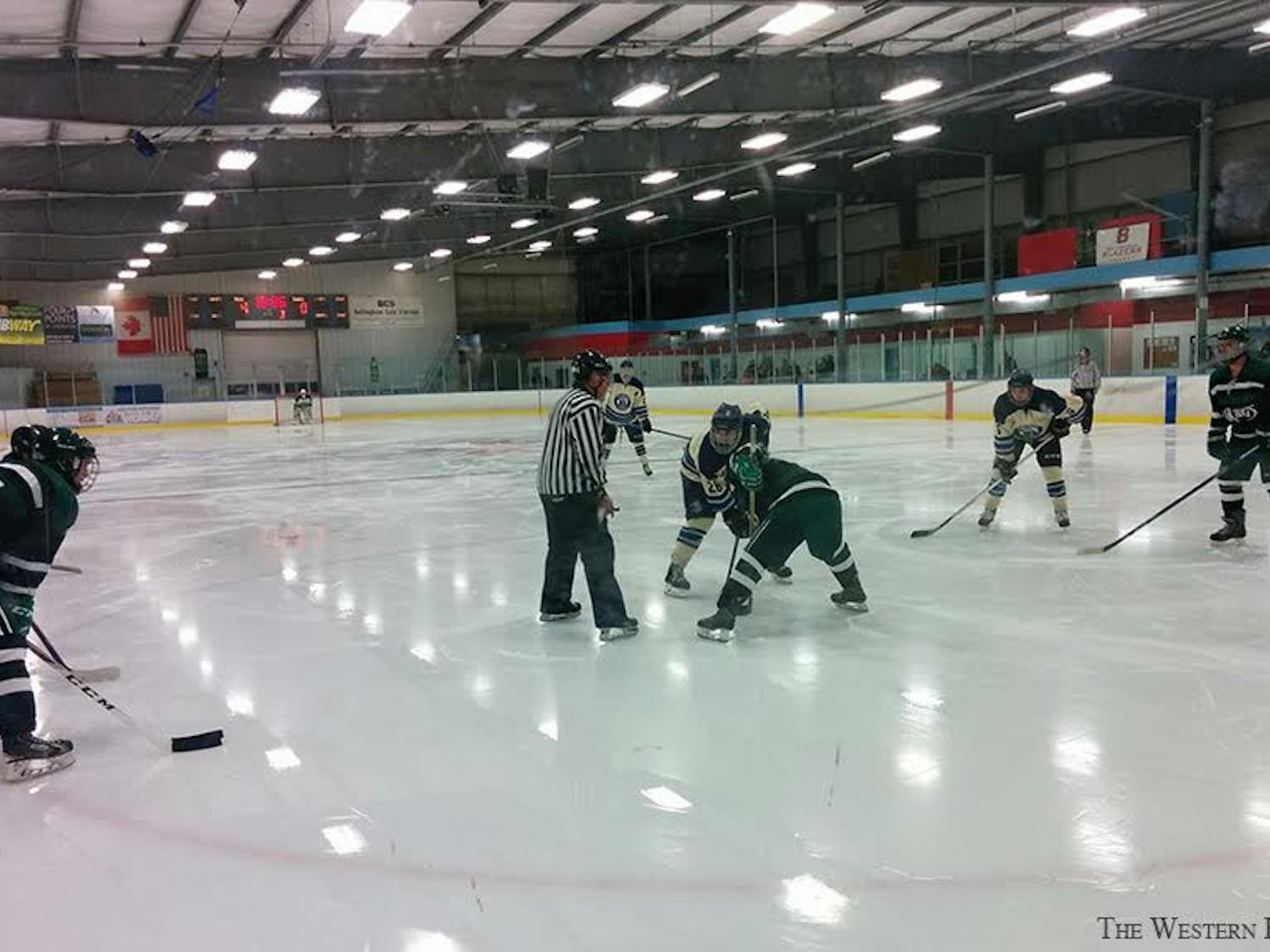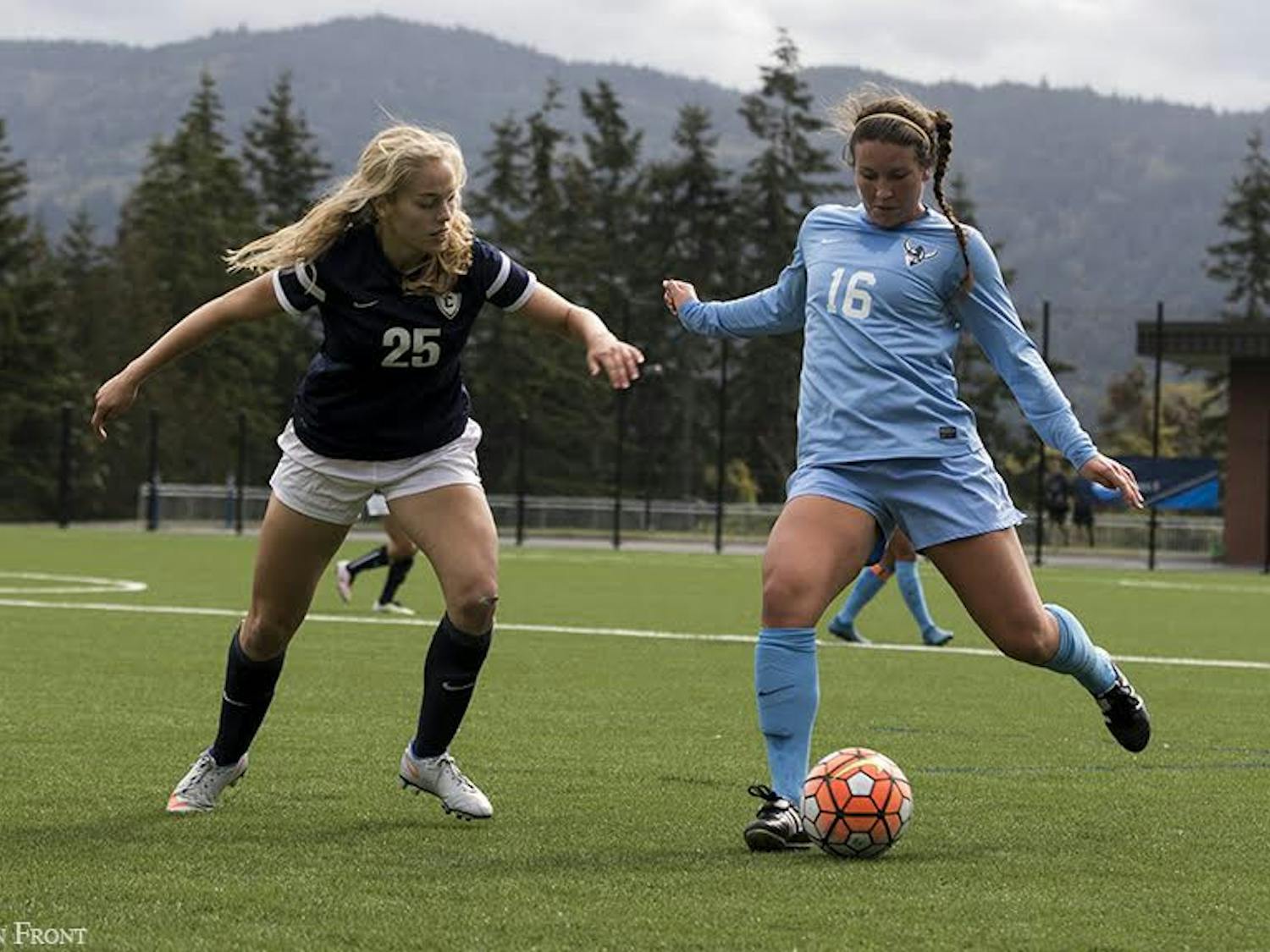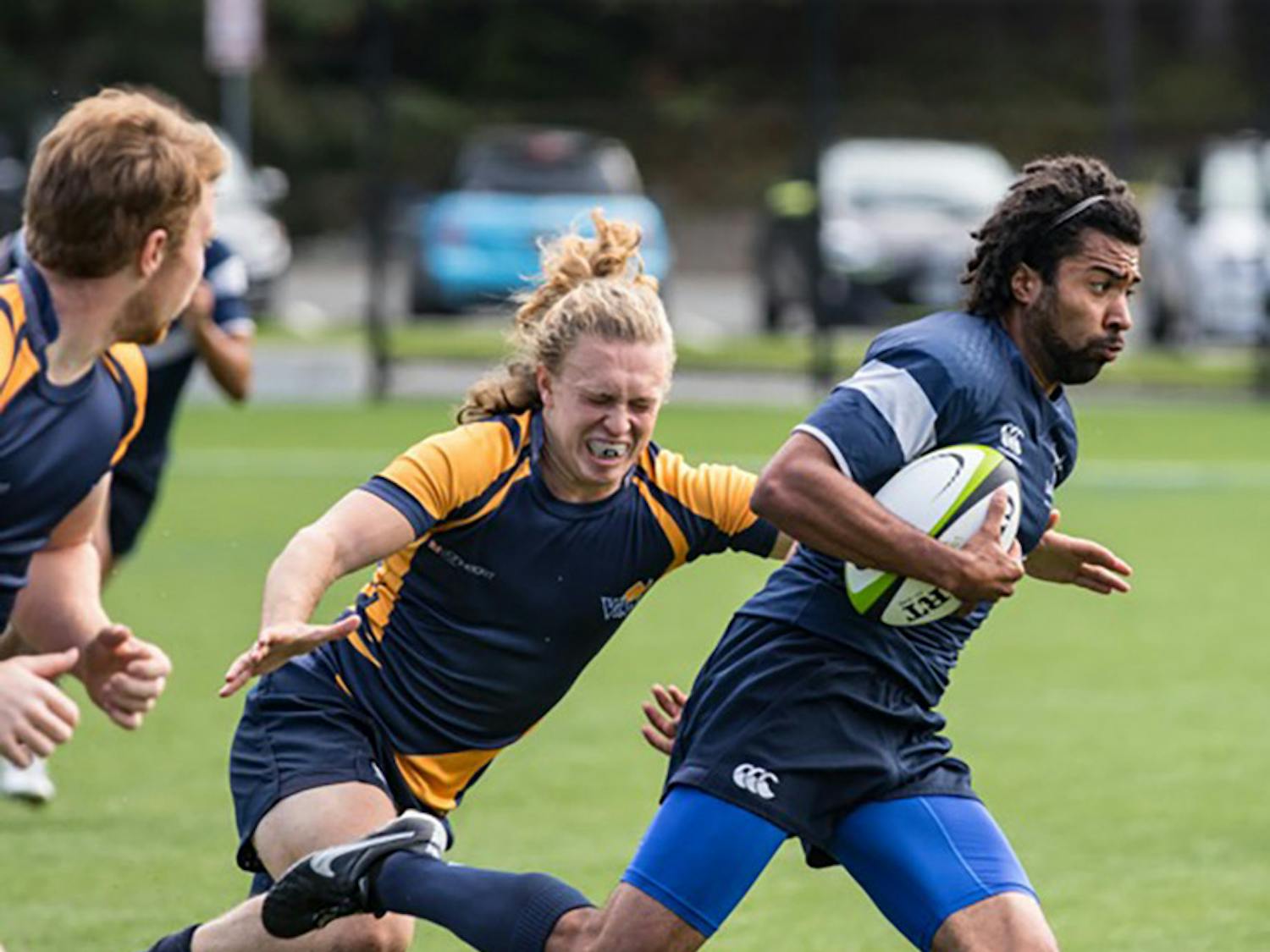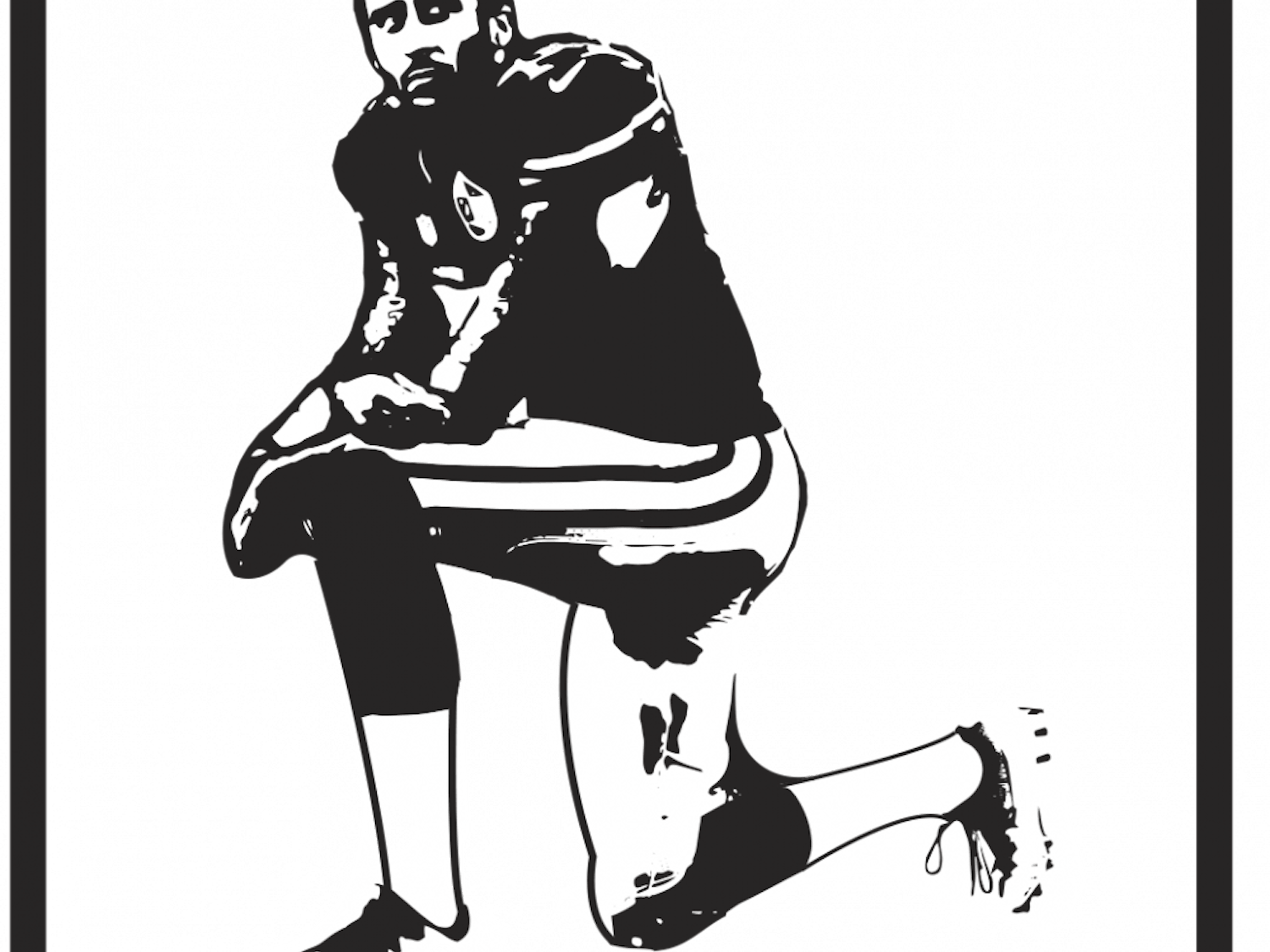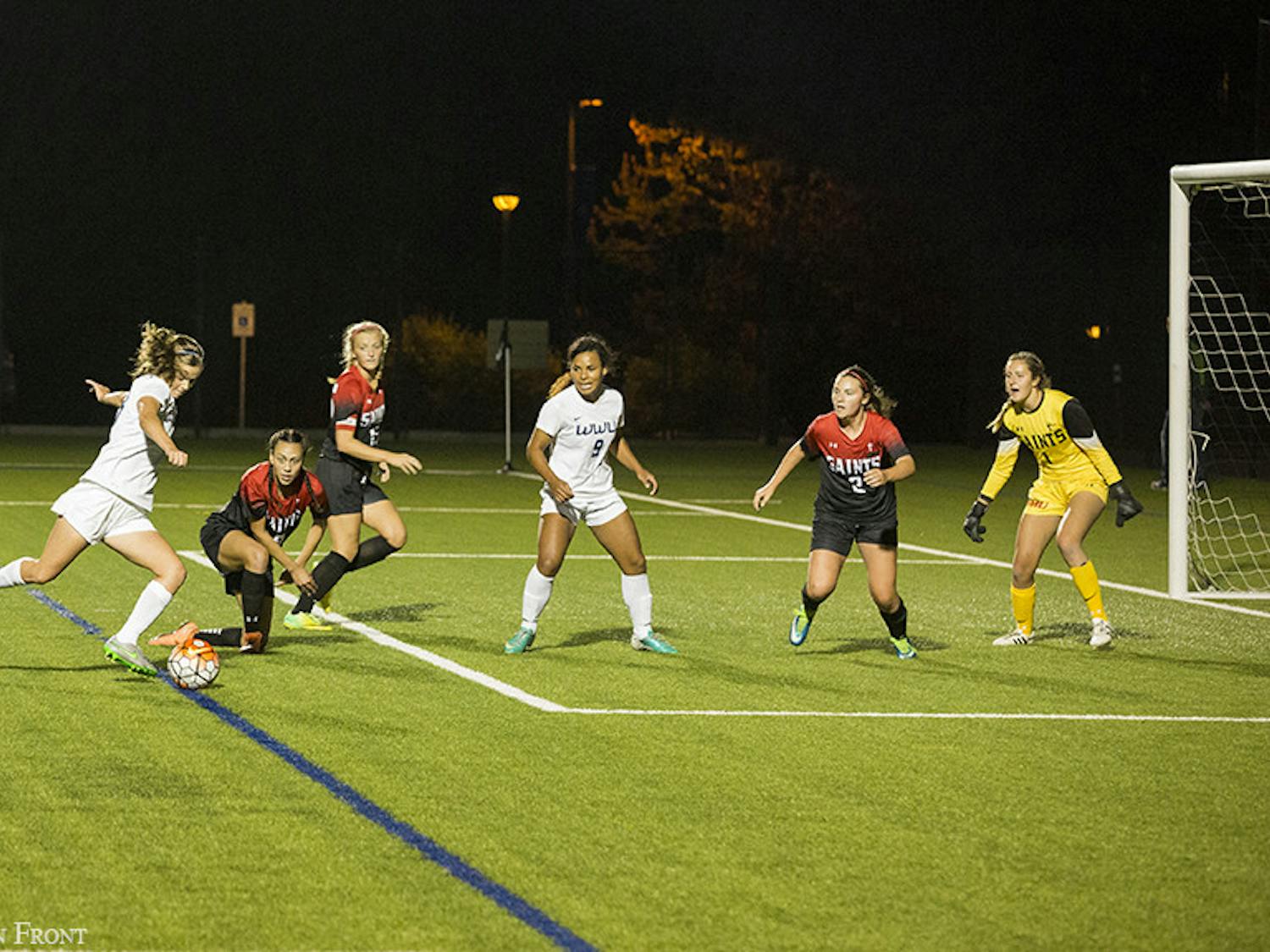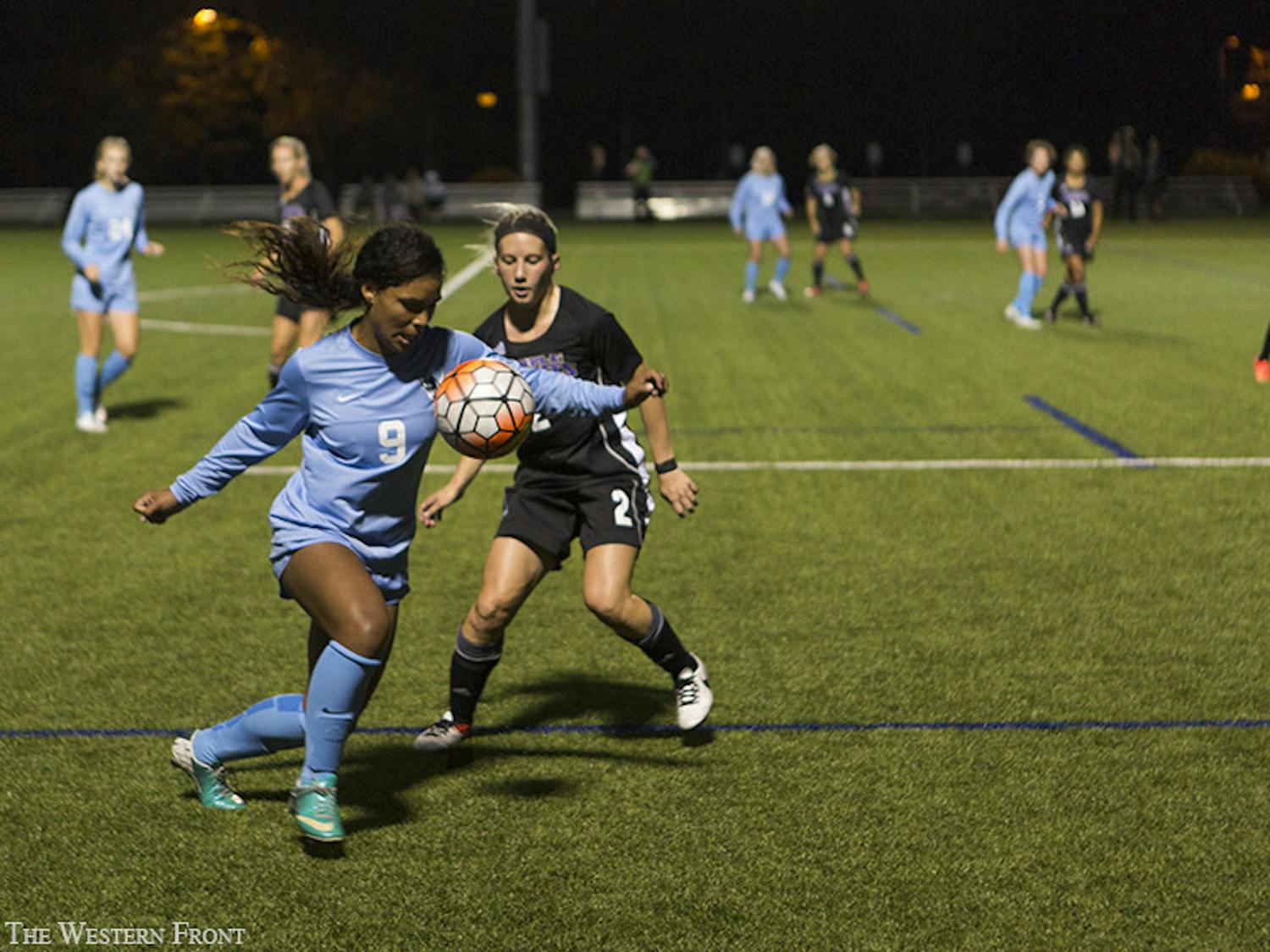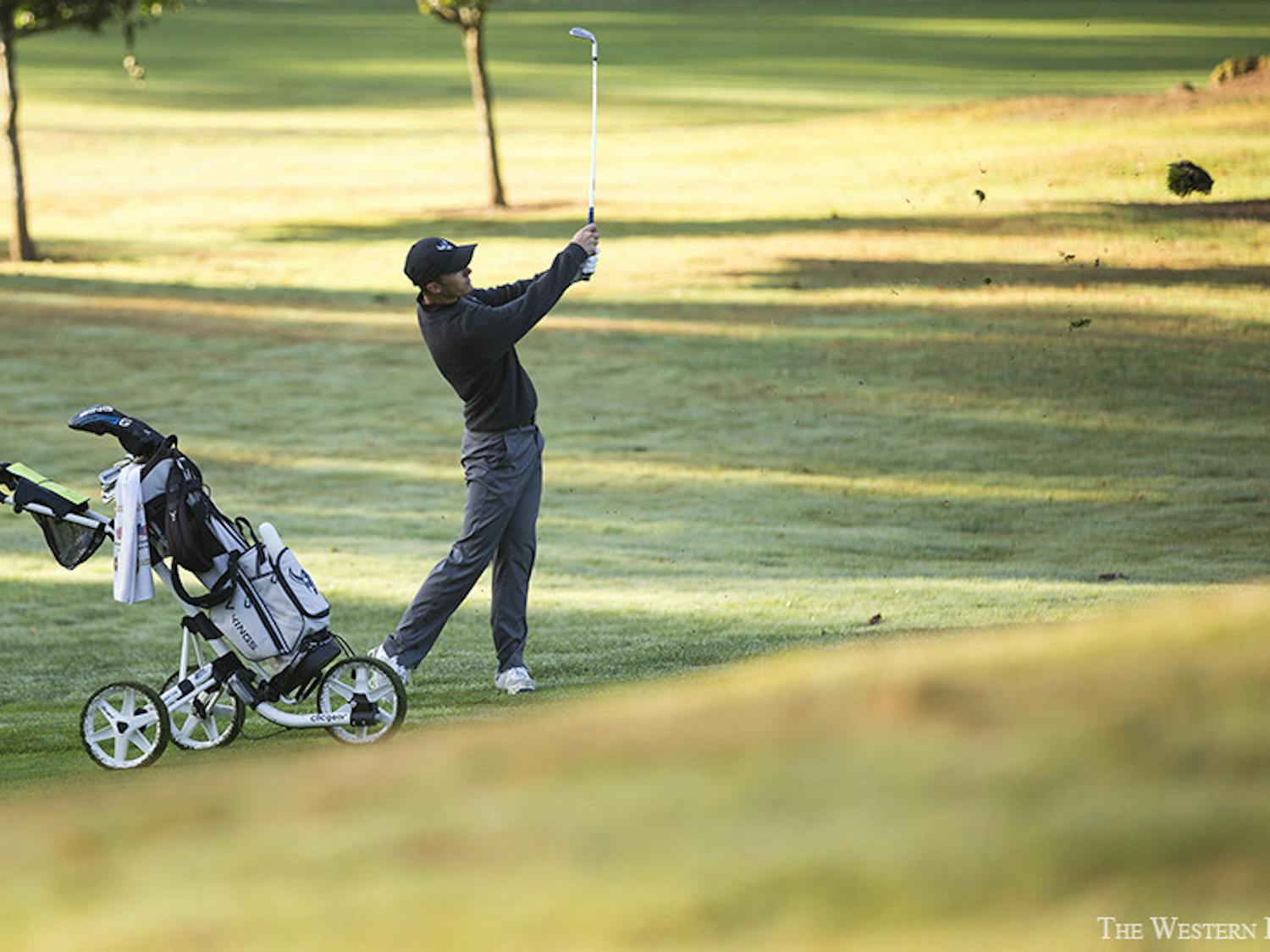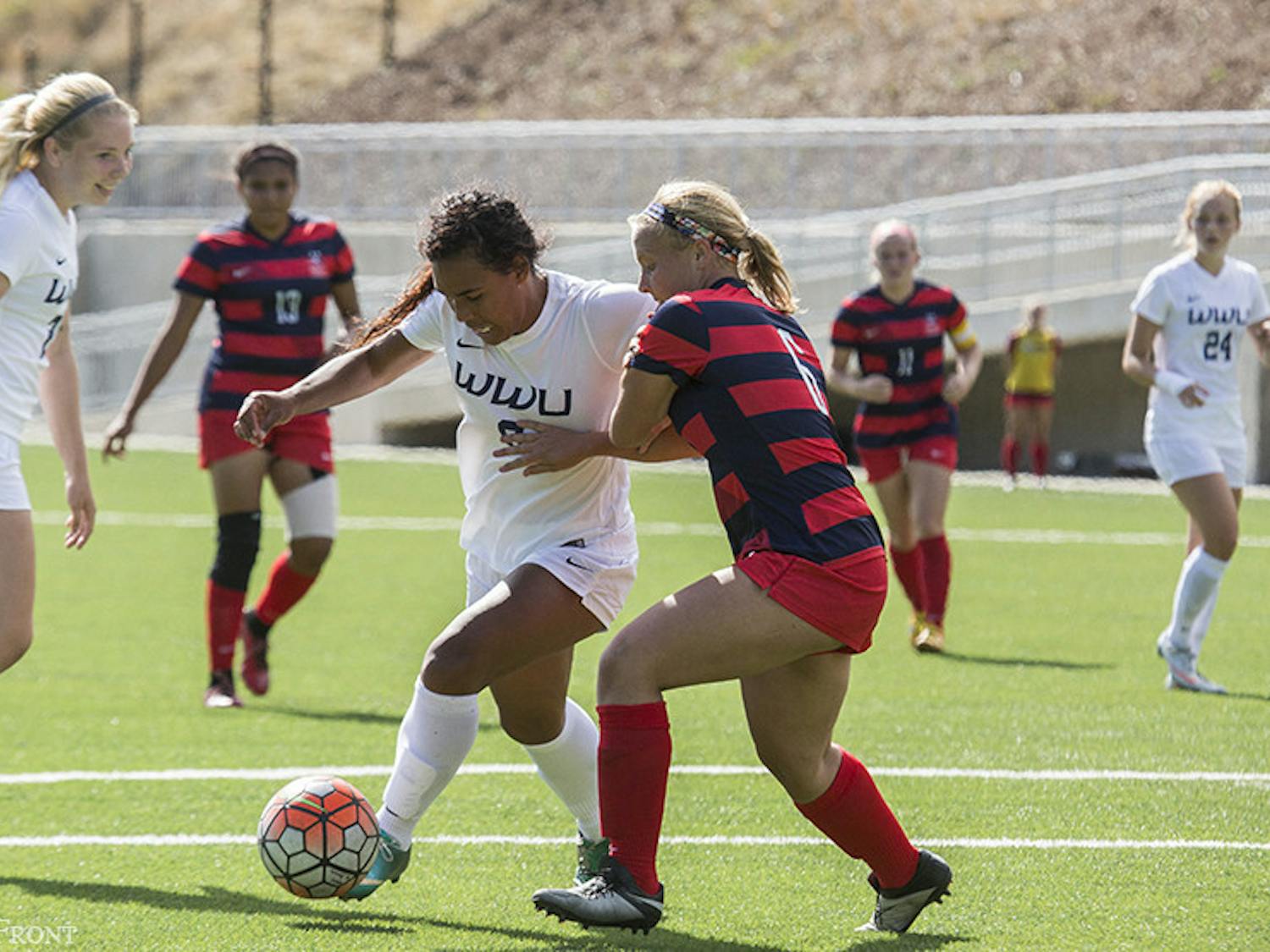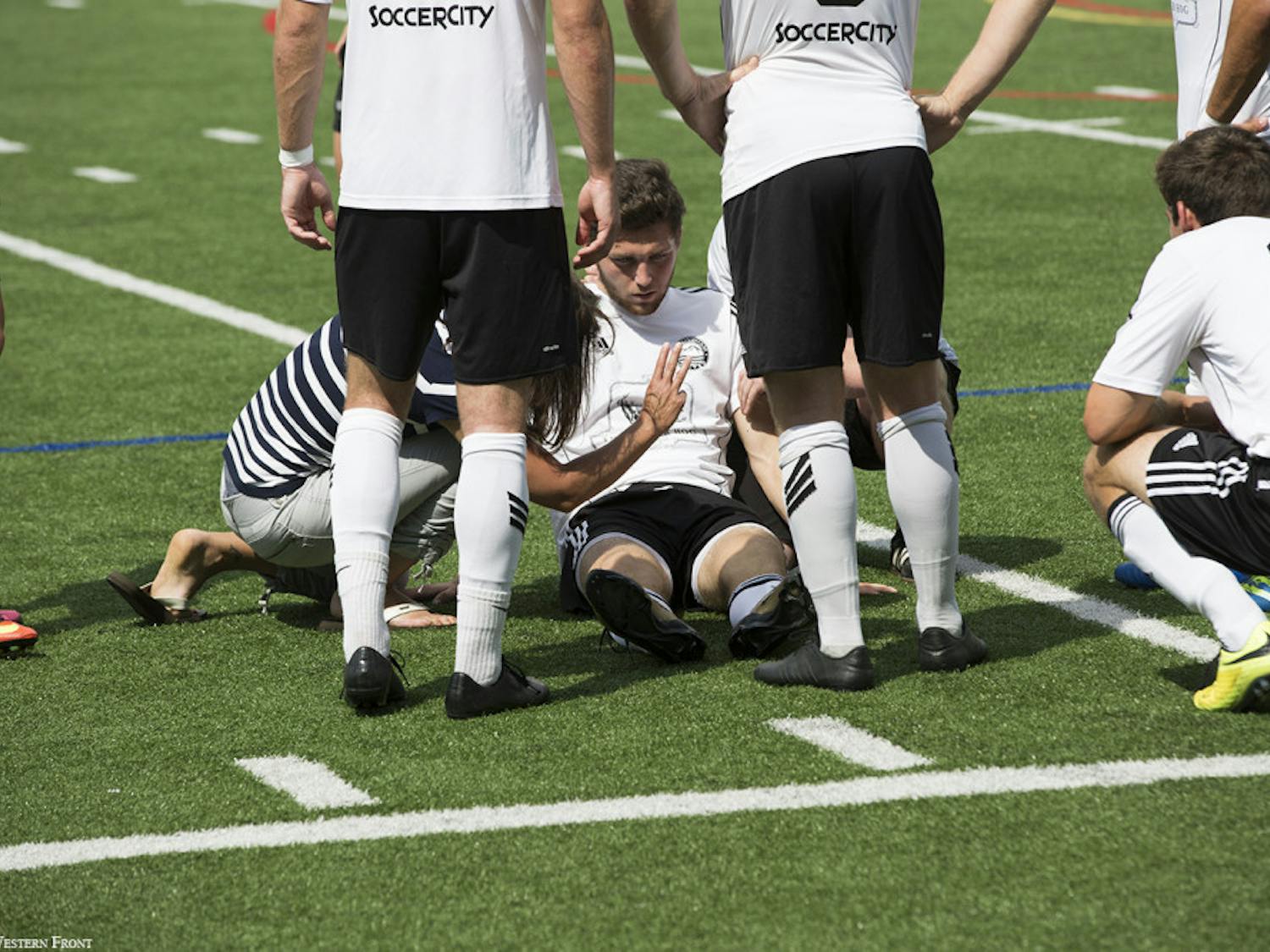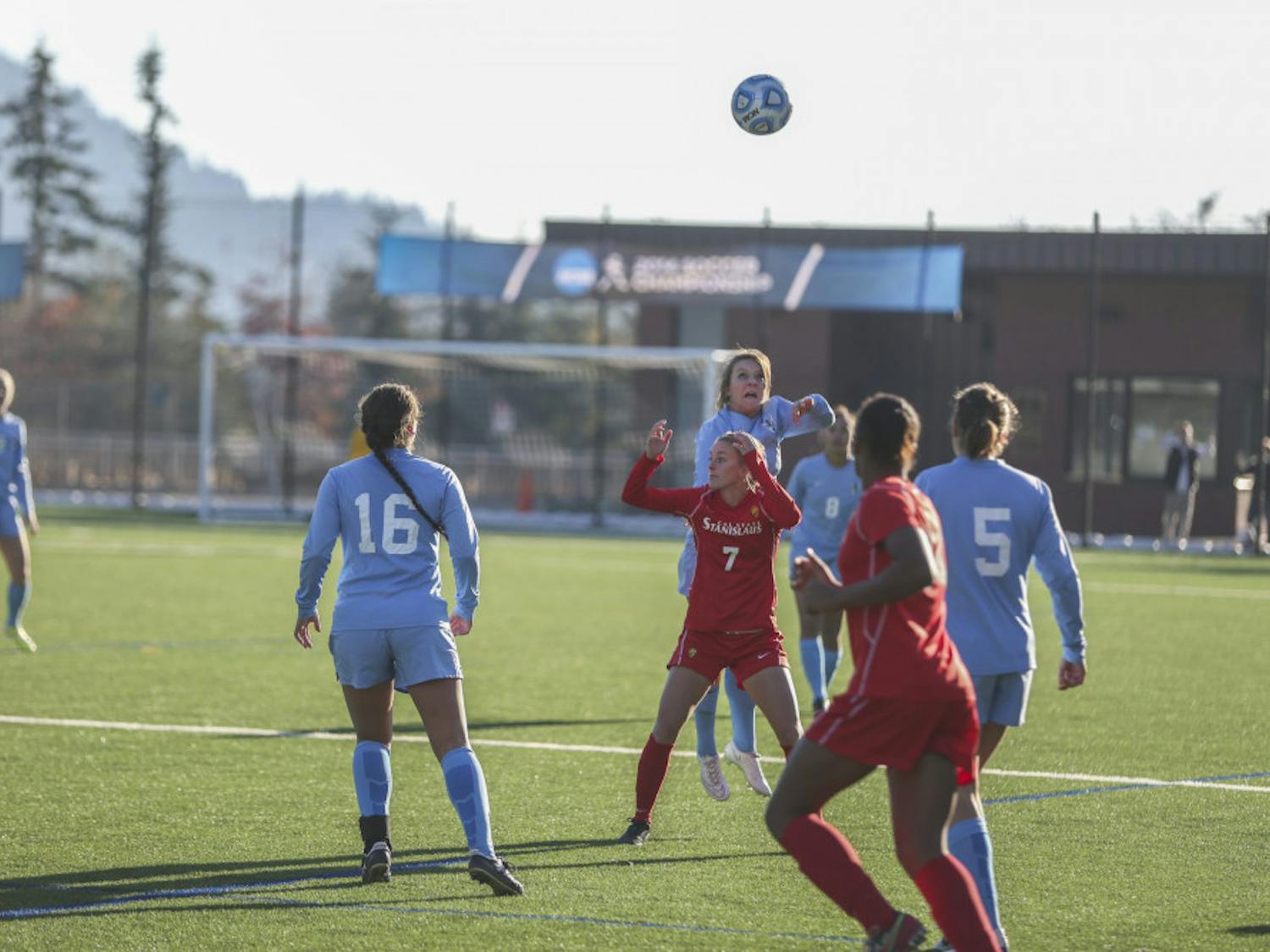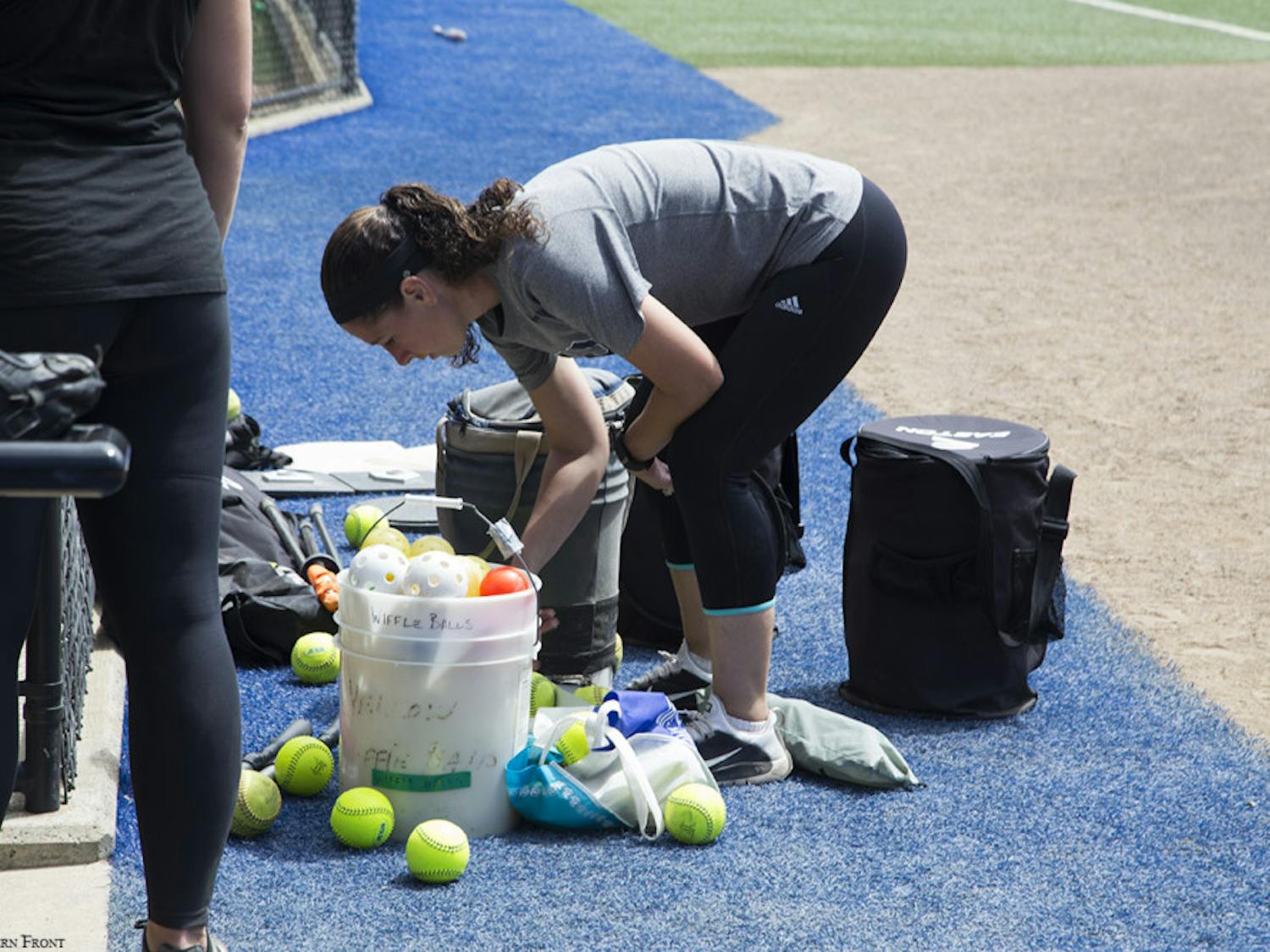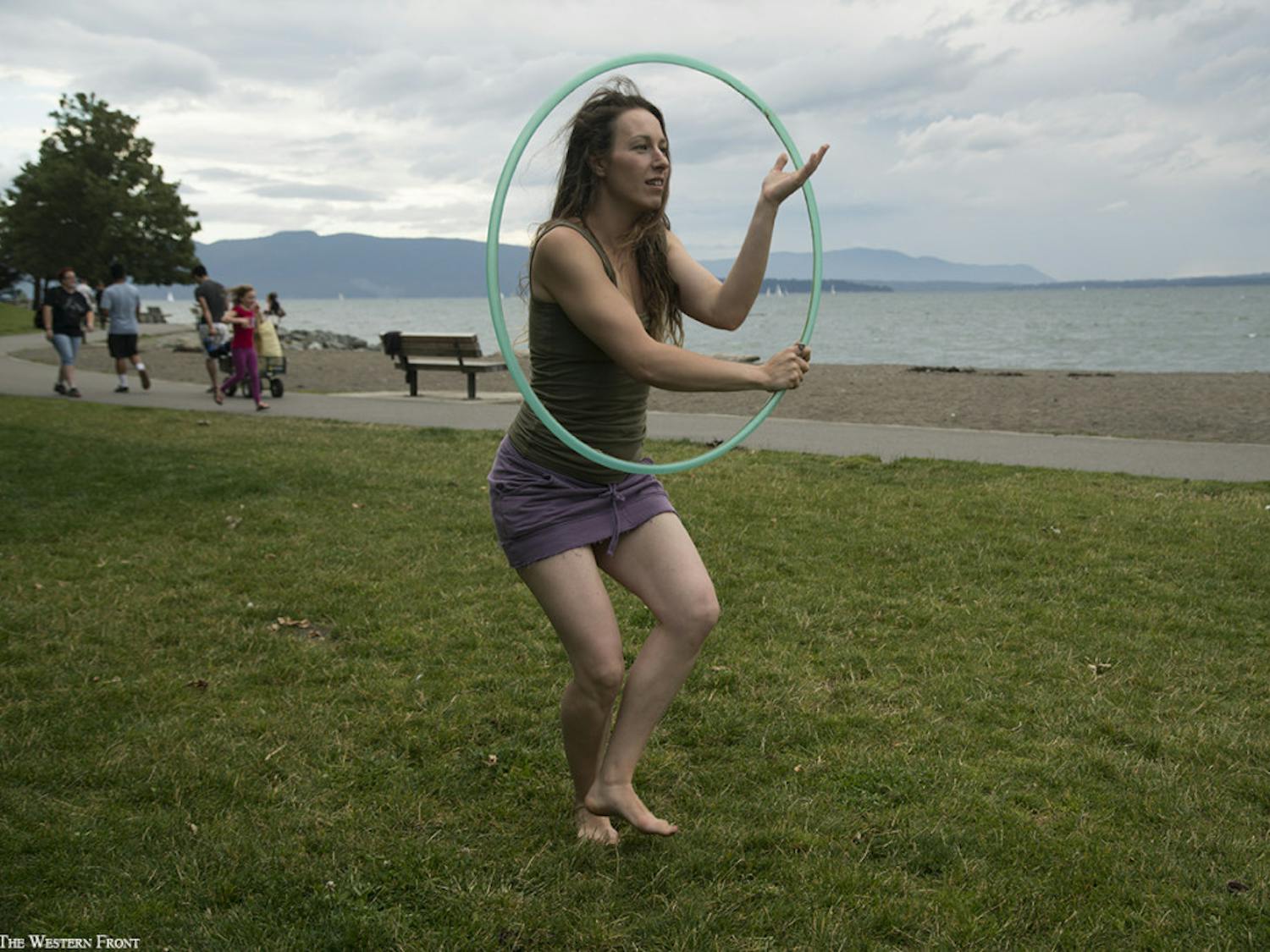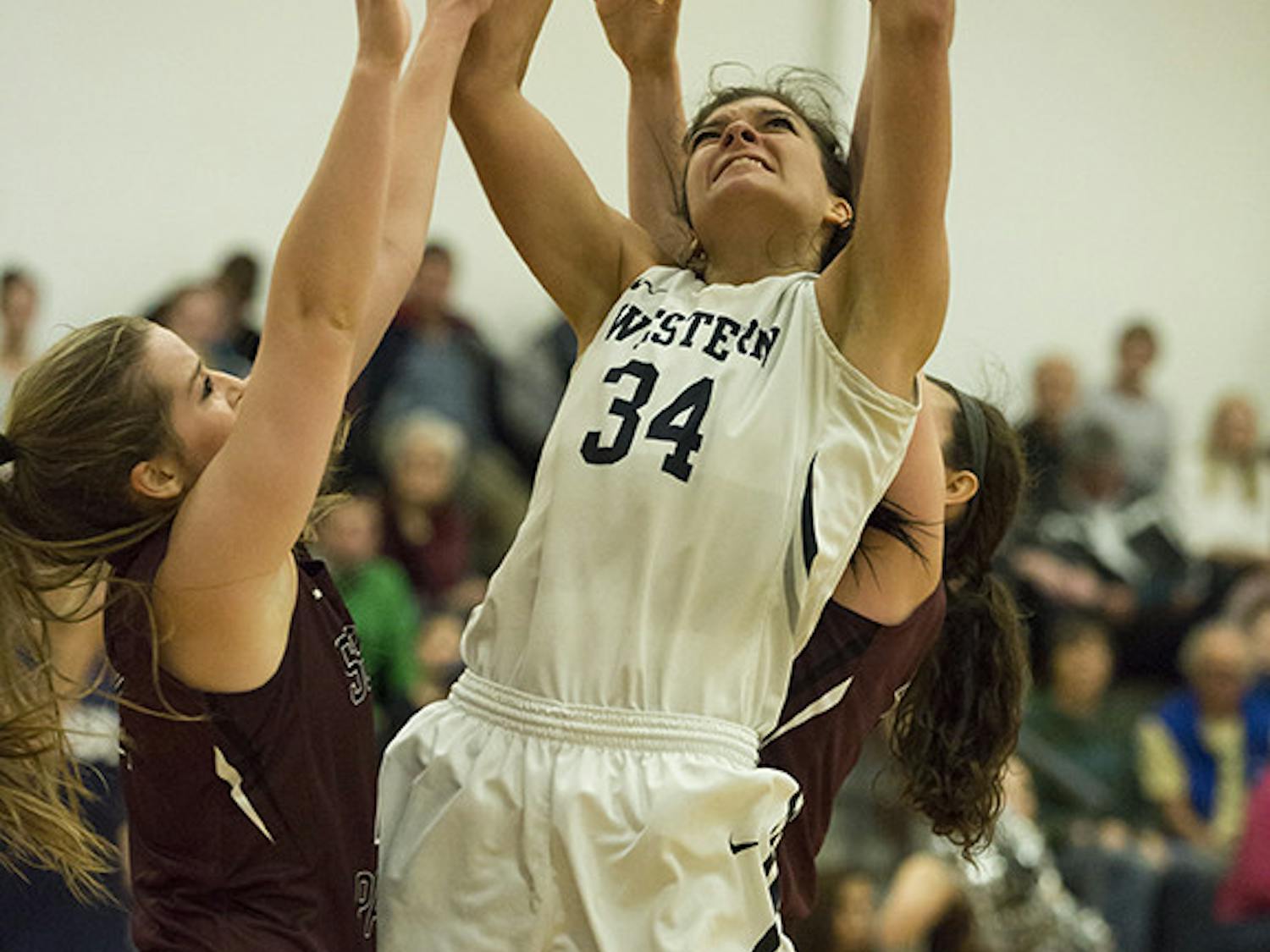Sports Recreation
Men's soccer battles SPU to draw
By The Front | October 5Looking to bounce back from a road loss at the hands of Saint Martin’s University, the Western men’s soccer team traveled back home to face rival Seattle Pacific University in a Saturday Sept. 24 matchup.
A winning tradition
By The Front | October 4In the last decade, rugby has wiggled its way into the realm of American sports. It has become increasingly competitive at the collegiate level with roughly 1.1 million participants in the United States, according to USA Rugby.
Opinion: athletes demand change
By The Front | October 4It has been over a month since San Francisco 49ers quarterback, Colin Kaepernick, sat during the national anthem prior to a preseason game in September. What happened next has been nothing short of a movement that has ignited a conversation about police brutality and the killing of unarmed black people by police in the United States. The peaceful protests have spanned from Garfield High School in Seattle, where the Bulldogs all knelt as a team prior to a game, to everywhere in between, including the Seattle Seahawks and the team’s arm-linking display of unity.
In the net with Ashley Homer
By The Front | October 4Ashley Homer is the starting goalkeeper for the Western women’s soccer team. She is a junior and plans on majoring in sociology. Homer transferred from College of Saint Rose in Albany, NY, and went to high school in Puyallup. After redshirting last season, she has started in all 10 games this season and has tallied six shutouts. Homer has helped lead the Vikings to a 9-0-1 start.
Women's soccer dominates
By The Front | September 27Two goals within the first 10 minutes sparked nationally-ranked number seven Western to a 5-0 win over the number 10 Bridgeport Purple Knights at Robert S. Harrington Field. The game was broadcast nationally on ESPN3 and the WatchESPN app.
Men's golf shines at home
By The Front | September 27The Western men’s golf team is in third place after finishing the first 36 holes of its 45th annual Men’s Golf Invitational at Bellingham Golf and Country Club on Monday, Sept. 26. Senior Brett Johnson ended day one tied for the lead out of 96 players.
Lounge, camp in style with a hammock
By The Front | September 15The designs of most of hammocks are all very similar. They generally use some type of rip-stop nylon, and para-cord or some other rope with carabiners at each end. Their straps are almost always a nylon webbing, and the hammocks are rated between 200-600 pounds.
Women's soccer suits up
By The Front | July 26Western’s women’s soccer team will begin its 2016 regular season on the road on September 1 during a matchup against Sonoma State.
Men's basketball picks up new recruit
By The Front | July 23California Community College Basketball Co-Player of the Year DeAndre Dickson will transfer to Western this fall to be part of Western's Men’s Basketball team.
Round and round: group promotes exercise through hula hoop
By The Front | July 21Hoops were spinning, music was playing, people were laughing and drawing attention to an exercise trend seeing a revival — hula hooping.
Viking to play basketball in Denmark
By The Front | July 12When Kayla Bernsen, spring 2016 graduate, gets asked what’s next for her, she’ll be able to say she is playing professional basketball in Denmark.



